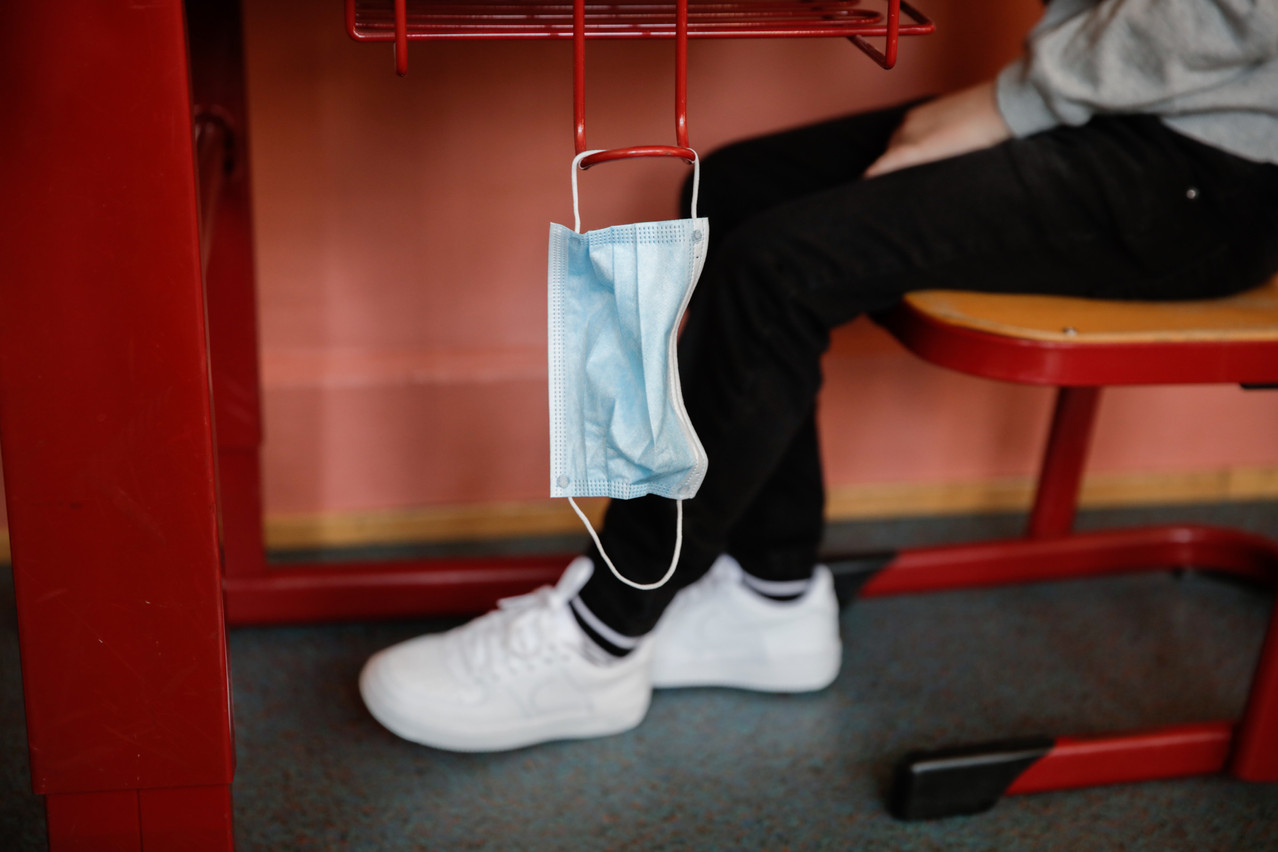Almost three years to the day after declaring a state of emergency over the outbreak of the coronavirus pandemic in Luxembourg, parliament effectively declared the crisis over, lifting the last remaining restrictions.
Stable infection numbers, a low pathogenic variant and immunity in the population because of infection or vaccination mean that the healthcare system can operate normally without risk of being overwhelmed by serious coronavirus cases.
A four-day isolation period after a positive covid-19 test has thus been scrapped--with Luxembourg following other countries, which have not seen a significant resurgence in infections. However, recommendations remain to test regularly, observe good hygiene and avoid contact with vulnerable persons.
As with any other illness, those infected can receive sick leave from a treating doctor.
Wearing a mask remains possible
Wearing a mask under the new rules will no longer be compulsory in hospitals and nursing homes. However, protections remain in place in critical areas, as before the pandemic and according to hospital rules. “Common sense dictates that masks should be worn where they protect vulnerable patients and staff themselves,” said Mars Di Bartolomeo who chairs the health committee in parliament and presented the changes to lawmakers.
Wearing a mask will remain allowed though for those wishing to wear one where it would have been forbidden under laws prohibiting face coverings.
European regulation on the covid-19 certificate also remain in force. “We will have to see in the next few months how this evolves,” Di Bartolomeo said.
The legal framework will remain
The latest covid-19 law, which is likely to come into force mid-next week, will remain valid until 31 December 2023. “This does not mean that, in the event of a change in European regulations or in the health situation, we will not intervene,” said Di Bartolomeo.
Despite lifting most of the restrictions initially in the covid-19 law, the legal framework itself will probably not be abolished. “It allows us to react quickly in the event of a fundamental change in the situation,” said Di Bartolomeo. It could even be adapted to other potential health crises.
The law was updated some 30 times over the last three years and an assessment is due, said the MP. “With the distance, we must make a critical and constructive analysis of this crisis management and bring out the added value.”
However, all this does not mean that the pandemic is behind us: “The law does not abolish the virus, it remains present,” said Di Bartolomeo.
This story was first published in French on . It has been translated and edited for Delano.
